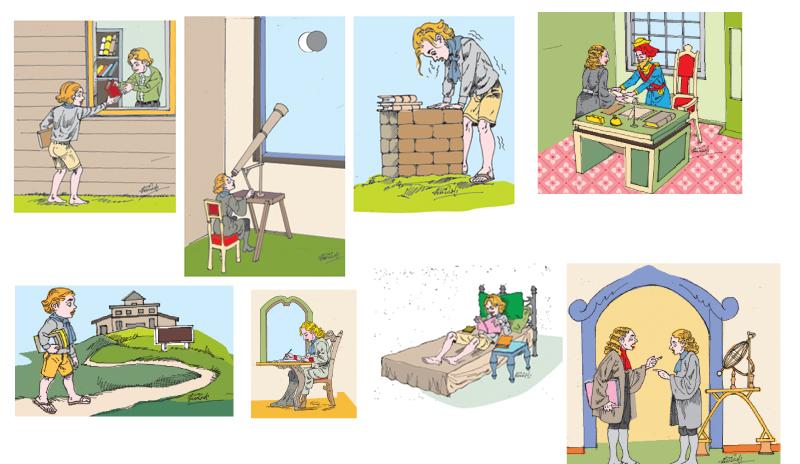
Although relatively unknown, John Flamsteed (1646-1719) was the Father of Modern Astronomy and the first Astronomer Royal. He is known to have corrected all the astronomical tables in use way back in the 17th century. 
Although his discoveries helped Newton’s observations, Flamsteed was not treated kindly by his contemporaries.
Flamsteed attended the Derby Free School. His father, Steven Flamsteed, was a maltster (a person who makes malt). Three years after his birth, his mother died. He was a 14-year-old boy when he caught a cold. It was followed by other ailments. He was afflicted with rheumatic pains of the joints. As he found it difficult to walk to school, he left it. From then onwards, his companions were illnesses and physical agony.
Attraction to astronomy
With all such difficulties he began to teach himself. After reading Sacrobosco’s De Sphaera he was attracted to astronomy. Having read many other books on the subject he observed a partial solar eclipse in 1662.
Life of illness
Although his father tried all kinds of treatment, including faith healing, nothing produced any results. As a result, Flamsteed gave himself up to a life of illness. However, his talents attracted the attention of others. He borrowed books from friends and wrote papers. His first observation on the solar eclipse was published in 1668. In the following year he sent a paper about the moon to the Royal Society. It had an impact on Oldenburg, a natural philosopher, and John Collins, a mathematician.
Astronomical Observator
After visiting London and Cambridge, he met Isaac Newton. In 1675, he was made Astronomical Observator with the directions to apply himself with the most exact care and diligence to the rectifying of tables of the motions of the heavens. Later the Royal Observatory at Greenwich was set up. In spite of great difficulties he achieved amazing results.
After his death in 1719, his major work ‘Historia Coelestis Britannica’ was published. It contained the British Catalogue of 2,935 stars observed at Greenwich. Due to his ailments he became irritable and his quick temper did not aid his relations with his fellow scientists. At times he was jealous of his professional reputation and did not like criticism. However, his greatness as an astronomer remains unparalleled.
